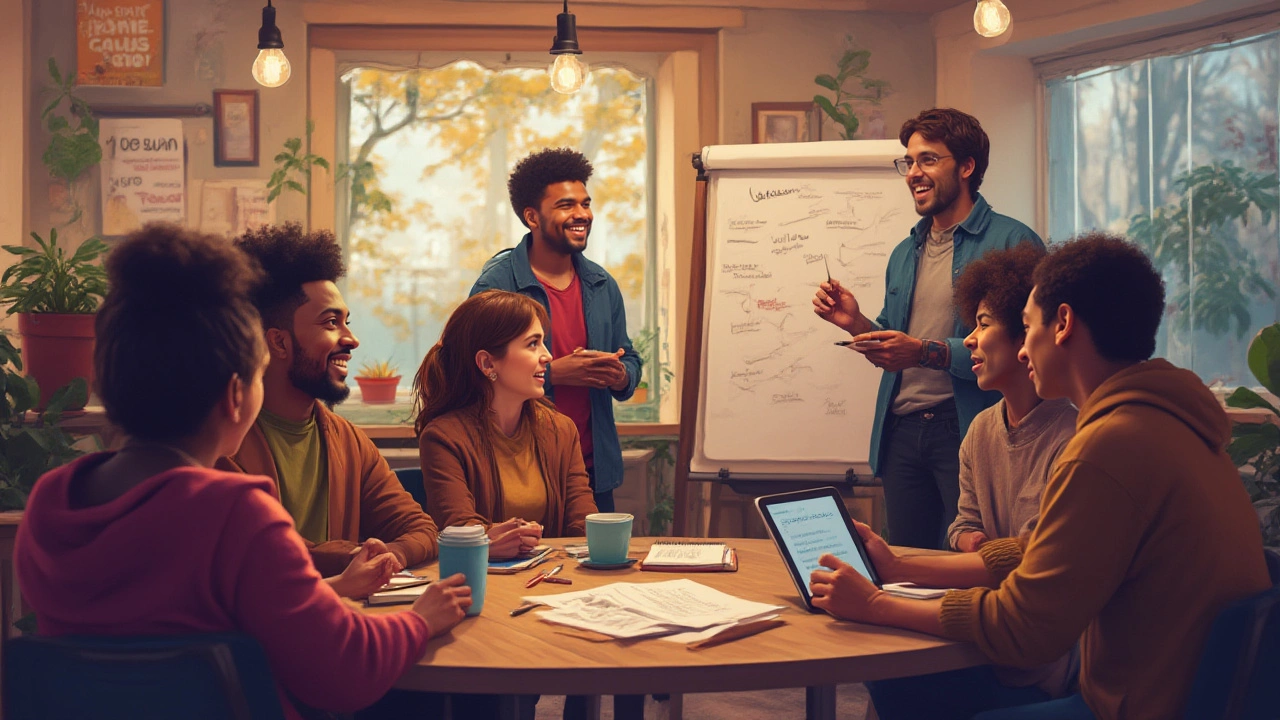Learning Tips to Boost Everyday Success
Whether you’re a student trying to remember facts, a teacher looking for fresh classroom tricks, or a parent wanting to help at the dinner table, practical learning tips make a huge difference. Below you’ll find quick, doable ideas you can start using right now—no jargon, just clear steps.
Study Hacks That Actually Work
One of the most reliable ways to lock information in memory is the combination of active recall and spaced repetition. After a short reading session, close the book and write down what you remember. Then set a reminder for 24 hours later, another for three days, and a final one after a week. Each review forces your brain to retrieve the material, which strengthens the neural pathways. Keep a simple spreadsheet or use a free app to track those intervals; you’ll notice how quickly retention improves.
Another tip is to turn dull notes into vivid images. If you’re studying the water cycle, picture a giant water balloon lifting off the ground, traveling through clouds, and raining back down. The more unusual the picture, the easier it is to recall later. Pair this with a short, spoken summary to engage both visual and auditory memory.
Classroom and Home Tips for Better Learning
Teachers, try the “think‑pair‑share” routine. Ask a question, give students a minute to think, then let them discuss with a partner before sharing with the whole class. This structure keeps everyone active and often surfaces ideas that would stay hidden in a lecture‑only format.
Parents, set a “learning corner” at home with just a few supplies: a notebook, colored pens, and a timer. When homework time rolls around, turn it into a short sprint—25 minutes of focused work followed by a five‑minute break. The timer creates a sense of urgency, and the break prevents burnout.
Across all ages, regular movement helps the brain stay sharp. A quick stretch or a walk around the room between study blocks can reset attention and improve focus. Even a few jumping jacks can boost oxygen flow and make the next study session more productive.
These tips are simple, low‑cost, and easy to adapt. Try one today, track how it feels, and add another when you’re ready. Small changes add up, turning everyday learning into a smoother, more enjoyable ride.

What Is Adult Learning? Understanding Lifelong Education Made Easy
- by Eliza Fairweather
- on 5 Jul 2025
Curious about adult learning? Discover what it really means, why it matters, and how grown-ups actually learn best—with expert tips and real-life insights.
